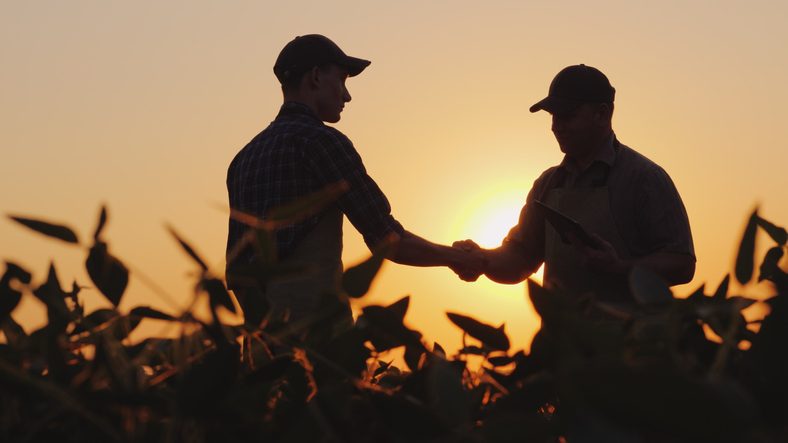Each year, agricultural employers hire approximately 95,000 people support food production in Washington state with most of those hires in crop-raising industries. The agricultural community is extremely aware of how critical the health and safety of its workforce is.
Last Thursday, Governor Inslee announced proclamation 20-57, Concerning the Health of Agricultural Workers. The proclamation and press conference were an extravagant way for the governor to announce the codification of what most agricultural employers have been doing all along to provide the safest and healthiest environment possible for their employees.
“During this process we have learned about growers that have gone above and beyond,” said Erik Nicholson, national vice president of United Farm Workers, during the press conference.
Some of the measures seem intuitive after 90 days of quarantine. By now, everyone has been drilled about handwashing and not touching one’s face. Other measures are more difficult.
Among the guidelines that must be implemented by next Wednesday for employers with workers in “orchards, fields, dairies, and … all fruit- and vegetable-packing warehouses,” include work crews of 15 or fewer people to be maintained for working, socializing, and living. Any commingling of crews in prohibited.
Close-knit crews are great for mitigating the risk of disease spread; they are not great for interpersonal dynamics. Under the best of circumstances, it is difficult to be perpetually in the company of the same people. Management will be challenging as social fatigue sets in. Enforcement of the comingling prohibition seems far-fetched and unrealistic.
Employers are required to provide personal protective equipment including clean gloves, goggles, face shields, and face masks at no cost to each employee daily. Face masks can be reusable cloth facial coverings, unless their level of exposure requires a higher level of protection, per guidelines from the Department of Labor and Industries.
Agricultural employers are prioritizing the health and safety of their employees while trying to keep an eye on maintaining an operational business. With low commodity prices and concerns about the ability to sell their produce, daily swapping of gloves, goggles, face masks, and face shields is an expensive proposition for the next 5-6 months. Many professional agricultural organizations and the state have helped to procure some PPE for free or at a reduced cost for their members but that was meant to be a short-term solution.
Handwashing stations must be available at every location and at all times where employees are working and be stocked with soap, warm water, disposable paper towels, and a garbage receptacle. Hand sanitizer may not be used as a substitute for a handwashing station but must be available in high traffic areas or where a handwashing station is not logistically feasible. Employees will be expected to wash their hands a minimum of six times during the course of a work shift.
The list of measures is extensive and covers several additional workplace safety and transportation recommendations, including the implementation of daily temperature and health screenings and the designation of testing facilitators.
The gubernatorial proclamation should have gone a step further, protecting agricultural employers from striking workers demanding hazard pay by protecting them from lawsuits or other damage claims for the duration of the State of Emergency, as well.
Ultimately, farmworker health and safety is a priority for agricultural employers as much as it is for the workers themselves. A healthy and safe workforce is a self-sustaining workforce that continues to keep agriculture successful in the short- and long-term, something producers need now more than ever.




